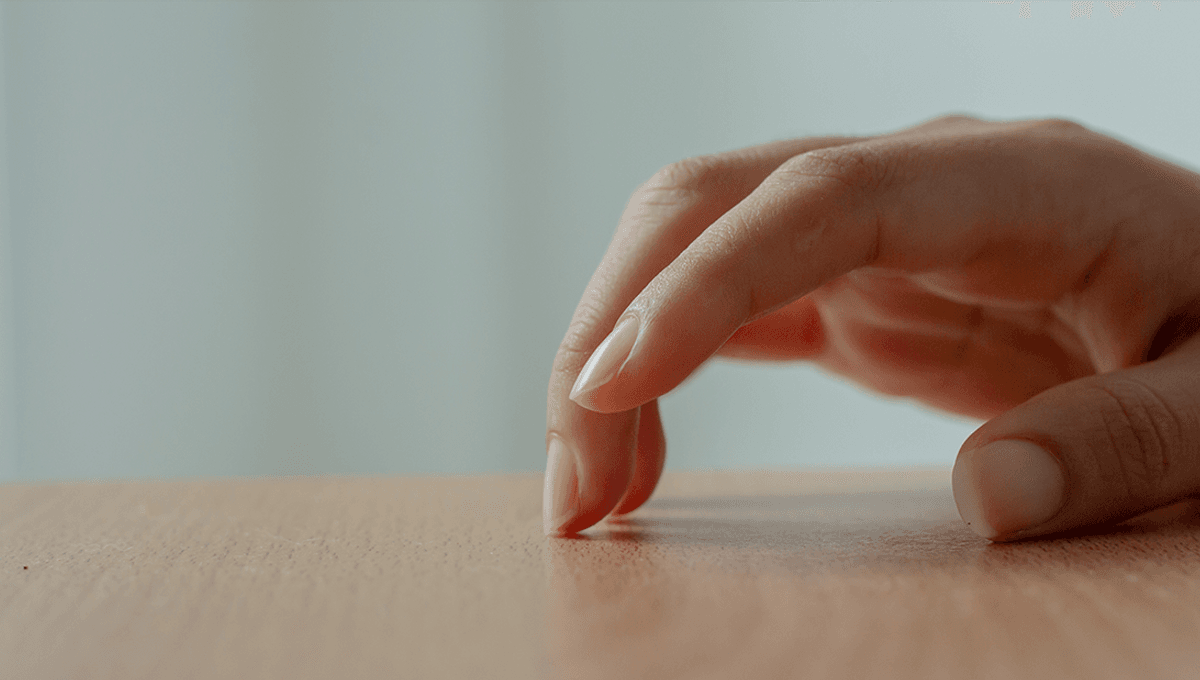
A new study on processing speech has found a handy trick for anybody who struggles to hear conversation within noisy environments.
If you cannot hear conversation when you are in a noisy environment (say a pub, or Katy Perry’s spaceship capsule) it can be a sign of hearing loss, or an auditory processing disorder, and is something you can get checked out with a medical professional. But assuming you have done that, researchers from a team led by Noémie te Rietmolen from the Aix-Marseille University in France have found a way that helped participants pick out the conversation from the noise a little easier.
The team was building on previous work, which showed how movement and keeping a beat can help with auditory processing.
“Listening to speech activates cortical regions of the sensorimotor system,” the team explains in their paper. “Their role in linguistic processing has been highly investigated, but their putative role in the analysis of the temporal dynamics of the speech signal has been mostly overlooked. However, studies on speech perception in adverse listening conditions – such as a noisy or multi-talker environment – show that tracking the temporal modulations of the speech signal of a speaker of interest facilitates speech comprehension.”
In the study, the team got French-speaking participants to listen to 80 long sentences over background noise. The aim for the participants was then to identify which word (from a provided list) was spoken out loud, just after hearing the sentence.
“[P]articipants were presented a white fixation cross (0.5 s) indicating the start of the trial, after which they heard an audible prime beat. They were instructed to, as quickly as possible, synchronize to the auditory beat by pressing the spacebar of the keyboard with their index finger. Periodic prime beats were presented for 5 s at either the phrasal (~1.1 Hz, s.d. = 0.15), lexical (~1.8 Hz, s.d. = 0.23) or syllabic (~5.0 Hz, s.d. = 0.33) rate of the upcoming sentence,” the team explains, adding that there was a control group who were not asked to tap along with a beat at all.
“We asked participants to tap prior to (and not during) the sentence in order to avoid complications inherent to performing a dual task (i.e. tapping while attempting to understand a sentence embedded in noise).”
Remarkably, the team found that tapping out a rhythm did have a positive effect on processing, with participants more likely to get the correct answer whilst doing so. But it has to be done at the right rate.
“Here we show that the beneficial effect of a generic periodic prime on speech comprehension is strongest at a frequency of approximately 1.5−2 Hz,” the team explains in their study. “This observed rate-selectivity at the lexical rate rules out the possibility that the facilitation is driven by nonspecific arousal or motor preparation effects.”
While the team cannot rule out that this is a French-specific phenomenon, the team points out that the language would be more suitable to syllable-level segmentation, making it unlikely that it is caused by the rhythmic structure of the language itself.
“Our results show that speech-in-noise comprehension benefits specifically from tapping at the lexical-level time scale. This cannot be easily interpreted as being related to the rhythmic prosodic structure of the French language and is more easily explained by a universal segmentation strategy,” the team writes in their discussion. “This suggests that our effect is not language-dependent and should generalize across languages. Instead, this preferred tapping rate is in line with what is observed in music research. That is, ~1.5−2 Hz closely approximates the optimal rate for motor rhythmic precision, but acutely also of auditory temporal attention.”
More study will be needed to confirm this effect, and whether it is truly applicable across other languages. On top of this, we don’t know whether the trick would be of benefit to people with hearing or processing issues. But if you struggle to hear conversations, tapping a rhythm at 1.5-2 Hz (or 1.5-2 times per second) could be worth a shot in the meantime.
The study is published in Proceedings of the Royal Society B.
Source Link: Struggle To Hear In Noisy Environments? Simple Trick With Your Hands Could Help